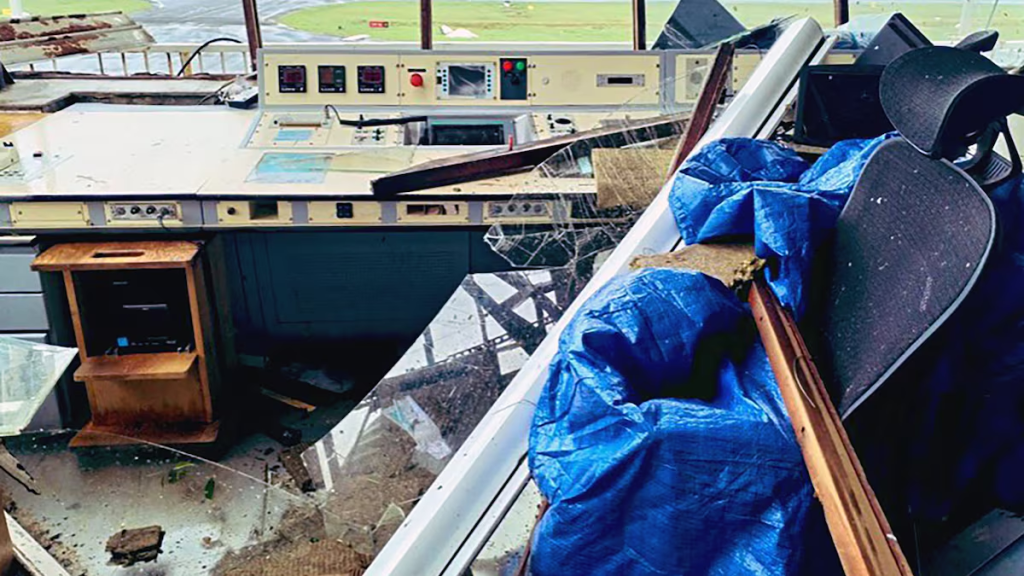At least 14 people have been confirmed dead in Mayotte after Cyclone Chido battered the French Indian Ocean territory, with officials warning the death toll is likely to rise as rescue efforts continue.
Authorities on Sunday described the devastation as severe, with homes flattened, electricity poles toppled, and entire communities left without basic services.
Cyclone Chido, with gusts reaching 226 kilometres per hour, struck Mayotte, an island territory east of Mozambique, causing catastrophic damage, particularly in shantytowns that house a significant portion of the population.
Acting Interior Minister Bruno Retailleau stated, “It will take several days to establish the full death toll, but we fear that it is heavy.”
The cyclone left 246 people seriously injured, with nine in critical condition. Mayotte’s capital, Mamoudzou, was among the worst-hit areas, where thousands of homes were destroyed.
“Everything has been swept away, everything is razed,” a resident said.

Essential infrastructure has been heavily impacted, with more than 15,000 homes without power and telecommunications severely disrupted.
Medical facilities have also suffered, with the Mayotte hospital centre sustaining significant damage. The airport on Petite-Terre, one of Mayotte’s major islands, was reported to have “suffered major damage,” further complicating relief efforts.
Emergency personnel and supplies are being sent from mainland France and neighbouring La Réunion, with 160 soldiers and firefighters joining the response team. Medical teams and equipment began arriving on Sunday to support the overwhelmed local health system.
Cyclone Chido also affected the nearby Comoros islands, causing flooding, damaging homes, and sweeping away boats.
Early Sunday, the storm made landfall in Mozambique, around 40 kilometres south of Pemba, bringing strong winds and heavy rainfall.
Experts attribute the intensity of Cyclone Chido to climate change, noting that the exceptionally warm Indian Ocean waters had amplified its power.
The United Nations has warned that up to 1.7 million people could be affected across Mozambique, Malawi, Zimbabwe, and Zambia, with risks of flash floods and heavy rain continuing into the week.


